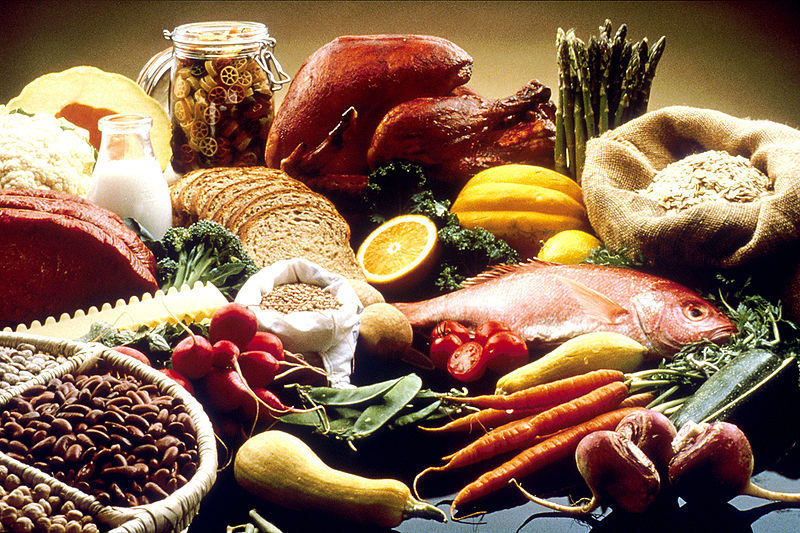
Food & Drink’s Emma Stephenson introduces us to the concept of Flexitarianism for the New Year
As many of your friends will be making New Year’s resolutions to completely cut meat out of their lives or take up a vegan diet, you might be thinking something along the lines of ‘I love bacon too much to be vegetarian’ or ‘I couldn’t live without cheese’. Well, there is a word you can label yourself that is just perfect for you to do your bit for the environment, whilst still enjoying the occasional roast dinner. This wonder-word is, flexitarianism.
According to the Oxford dictionary a flexitarian is ‘a person who has a primarily vegetarian diet but occasionally eats meat or fish.’ This can be taken to the extent that the individual so wishes, but effectively it is a conscious choice to reduce your intake of meat, particularly red meat. For a keen meat eater, you could start with only eating red meat once a week and eating vegetarian 2-3 nights a week and then over the course of the year ramp up the amount of vegetarian meals you consume weekly. Using supplements like Quorn or choosing a veggie pasta sauce over bolognese, are small switches that are easy to make while you’re shopping. When eating out, consider the vegetarian options available before defaulting to a steak. It’s all down to being conscious of intake and making personal decisions. The beauty of this diet is that the commitment is flexible, as the name suggests, so if you’re visiting a friend who has cooked for you and you’re presented with a meaty curry, you don’t have the embarrassment of declining. Furthermore it can be applied during university term but not at home if it will be difficult for your family to adjust their cooking habit – particularly important at Christmastime, arguably the hardest time for new vegetarians.
Perhaps you’re wondering why it is necessary at all to reduce your intake of meat and what it has to do with the environment. Sky News published that the average carnivore diet produces 7.2kg of CO2 per day, almost twice as much as a veggie diet. The farming of cows elevates the amounts of gases in the air, adding to the effects of climate change. Alternatively, chicken production only produces 1/3 of the CO2 per kg of protein that beef produces, making the option of white meats over red meats, also an option in a flexitarian consciousness.
Essentially, taking up flexitarianism is a fantastic way of doing your bit for the environment and getting a bit healthier without making a drastic change to your life. Flexitarianism offers a lack of the restrictions that are entailed in veganism or vegetarianism but still incorporates an ethical consciousness and reduction to your meat and dairy consumption.

Comments